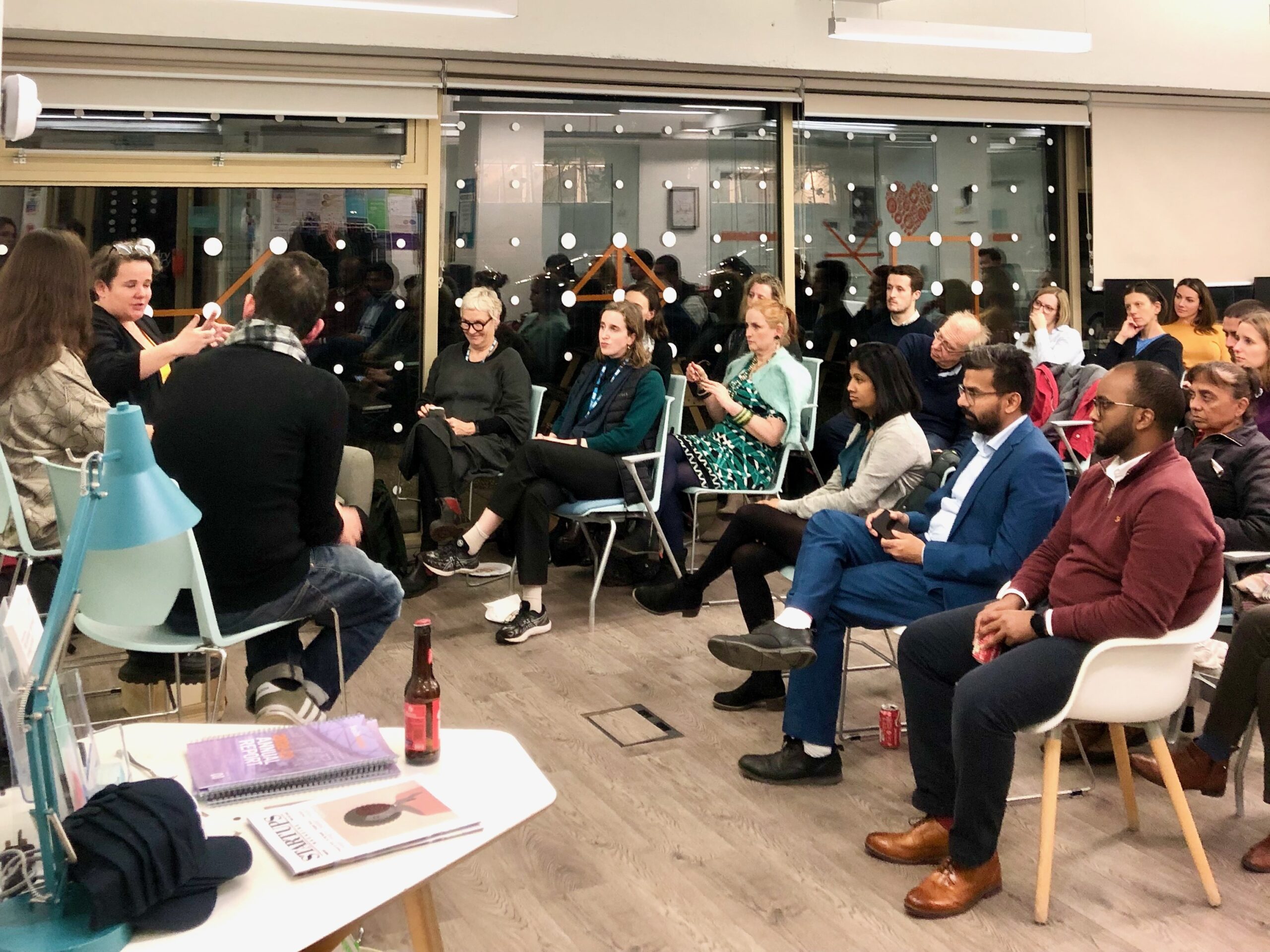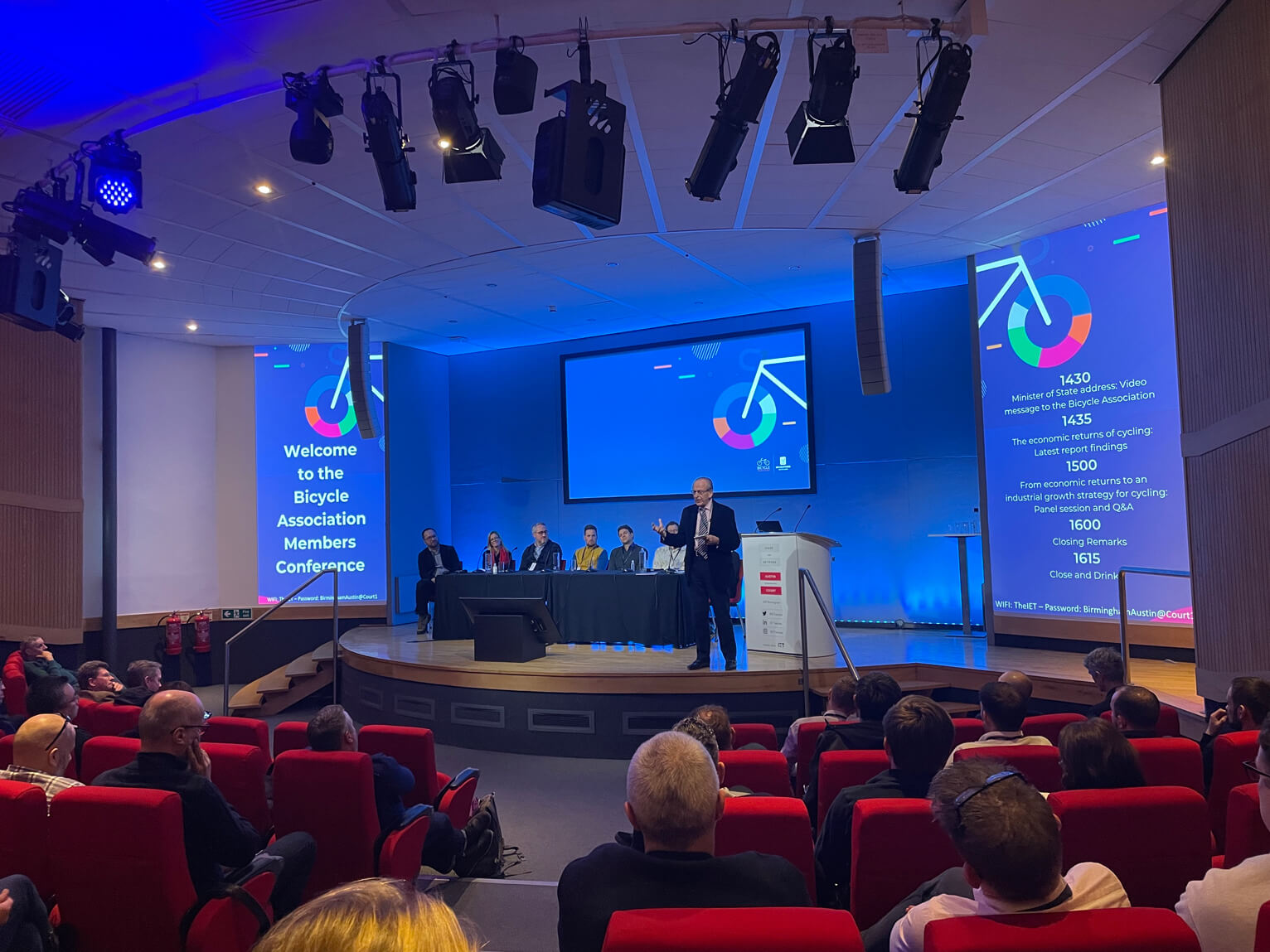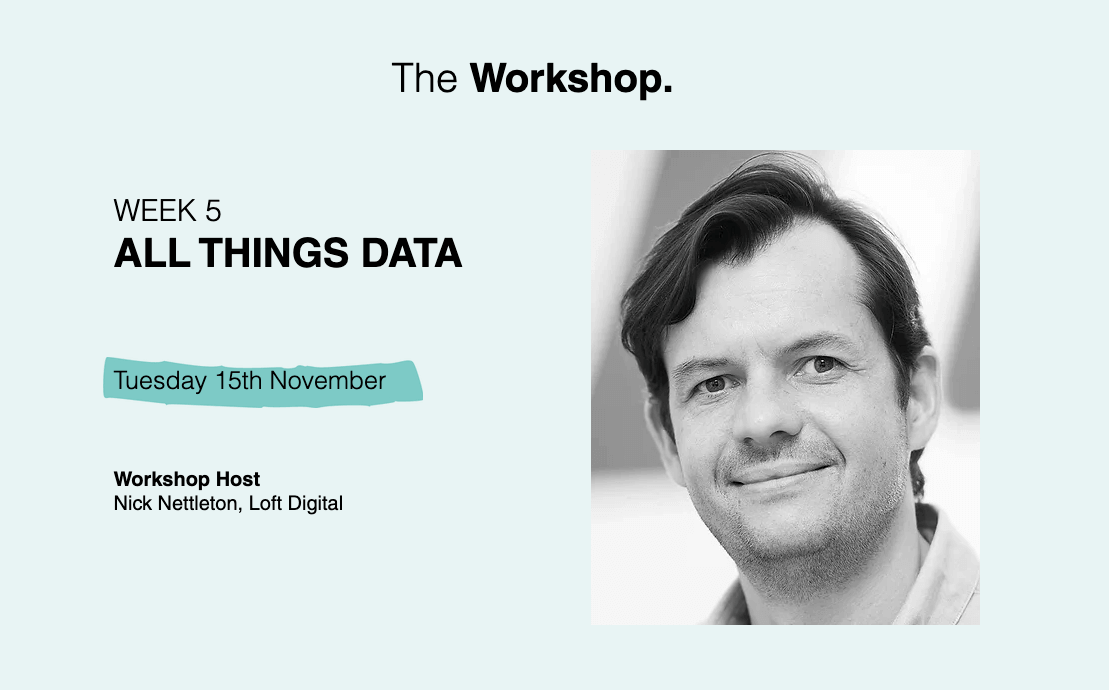In many areas the UK Government seems to have really struggled with the tech aspects of the national response to coronavirus. It’s tough to deliver complex, scalable systems in a short timescale under uncertain and rapidly changing conditions – but it can be done, with the right approach.
Last week, news leaked about ‘Operation Moonshot’, which will see the Government throw up to £100bn at increasing coronavirus testing capacity from its current position of about 200,000 per day up to 10 million per day by early next year. This week, existing testing capacity has been under strain with pinch points at every level – test booking, submission of samples at test centres, the lab testing itself and the recording and reporting of results.
Achieving a working system that delivers 10 million tests a day will require some incredible efficient IT, and creating such a system needs the government to take the right approach.
At Loft we’re used to working in a changing environment to get the best results in a short timeframe. Here are a few favoured strategies from the Loft playbook that we would encourage the government to consider at this crucial time.
- Build small and fast. Break big ideas into little ones, reducing complexity. Focus on the smallest possible increments of delivery. Why? Because when things are changing fast, you need to get your new technology out and into real world use so it can start doing its job before it becomes less relevant. Technology does not just respond to the situation – it changes the situation. When new technology is released, people’s behaviour changes around it and new requirements emerge. In a rapidly changing world, projects that take too long become anachronistic. Logically, the faster things are changing, the speedier (and therefore simpler) each incremental delivery needs to be.
- Build modular. There’s no need to try to solve a complex problem with a single monolithic application. When you break the big idea down into small incremental deliveries, these can be delivered as independent applications and services that talk to each other and work together. Then, if one of them is not working as well as expected, is late, or has complex external dependencies (political implications, for example) it can easily be reviewed or even abandoned without bringing the whole system into question. A line can be drawn around each module to manage the scope of risks, issues and provenance right there.
- Leverage the UK’s existing tech ecosystem. Don’t hire one big company with a lot of consultants to develop the entire solution. Have different people working on different parts of the problem at the same time. Use small companies as well as large ones. We’re great. We’re fast. We’re innovative. We build scalable systems. There are lots of us. We are used to working together. We don’t charge the earth. We’re not too big to fail. Smaller companies are easier to replace if the work is not meeting requirements. A network of small providers is more resilient, and we have a world recognised ecosystem in the UK that can be relied on.
- Parallel working. Consider commissioning different people to work on alternative approaches to the same problems at the same time – just like the original US moon landing mission. Build two or more versions of every module. In this way, as the project progresses and new challenges emerge, you have a range of options to choose from. You can manage the “Help, we’re so far down this route we’ve got no choice but to continue” issue. If someone fails to deliver, or their work turns out to be unscalable or unmaintainable, there is a failover option waiting in the wings. In the long run, this can really save a fortune.
- Trust, engage, and build for your users. If you’re not building for users, then your technology will not have their trust and engagement, and it will not be successful. If you are building for users, and engage them throughout your design and development process, then they will help you discover solutions to problems that will save you millions, and end up with a better outcome.
As a strategic technology partner to clients in the digital health sector, Loft regularly helps organisations large and small tackle complex systems, resolve bottlenecks and deliver results efficiently. We’re here, and we would love the opportunity to bring our expertise to help with this endeavour wherever we can.







